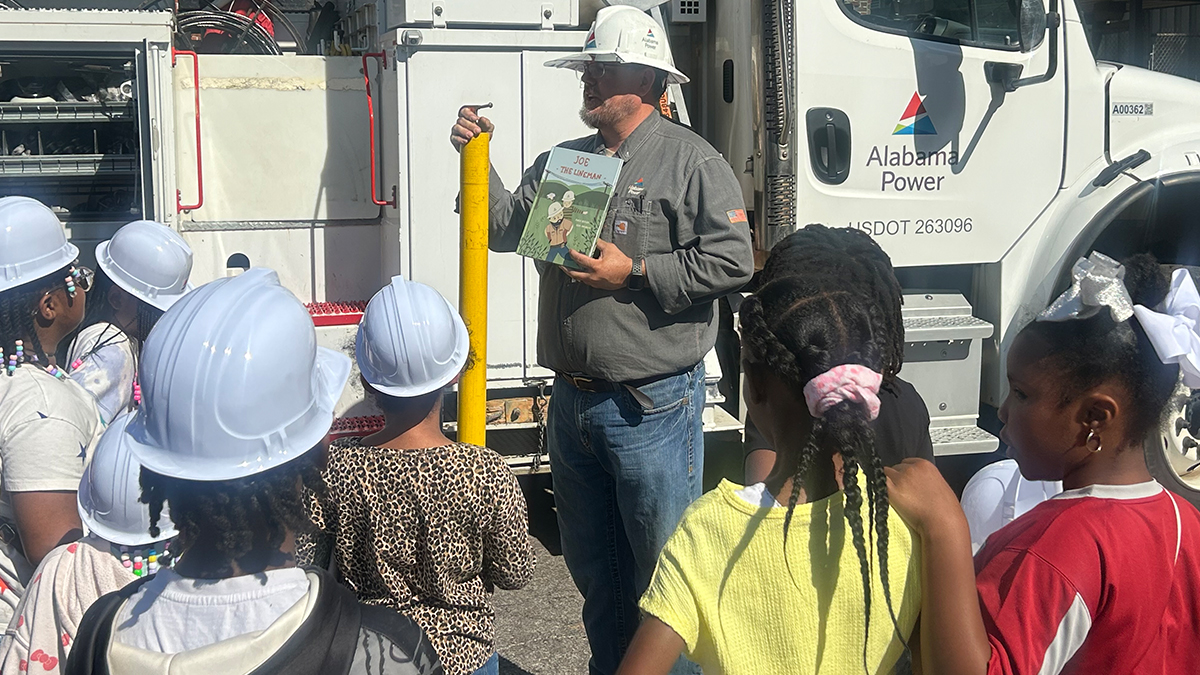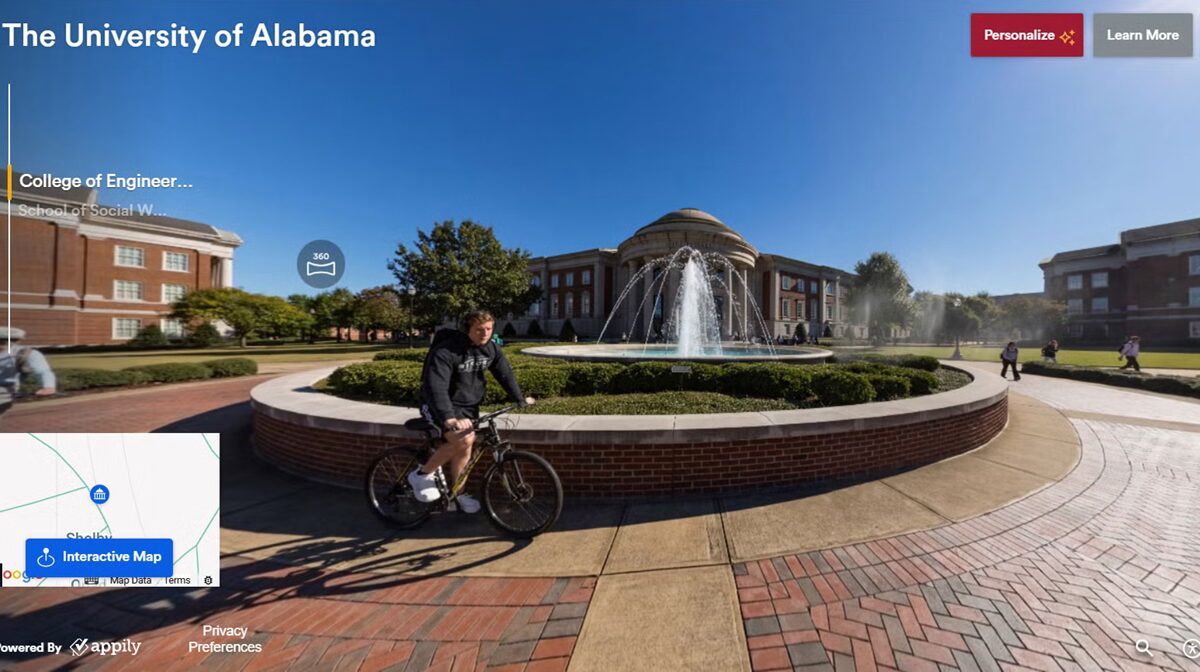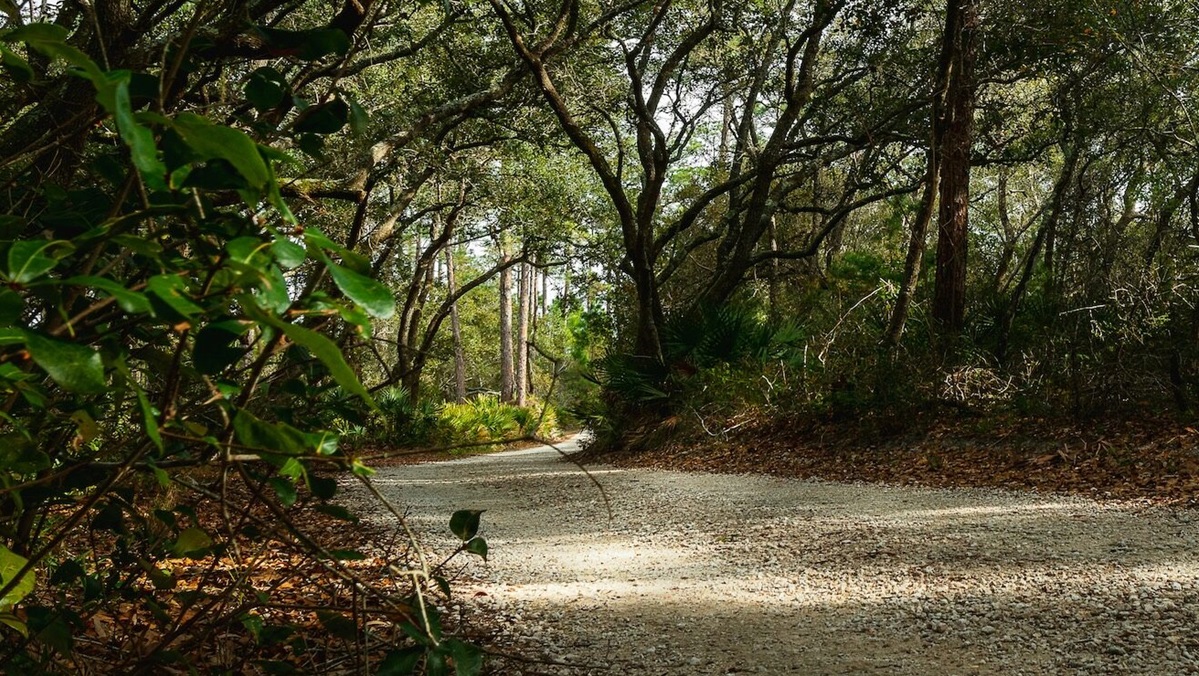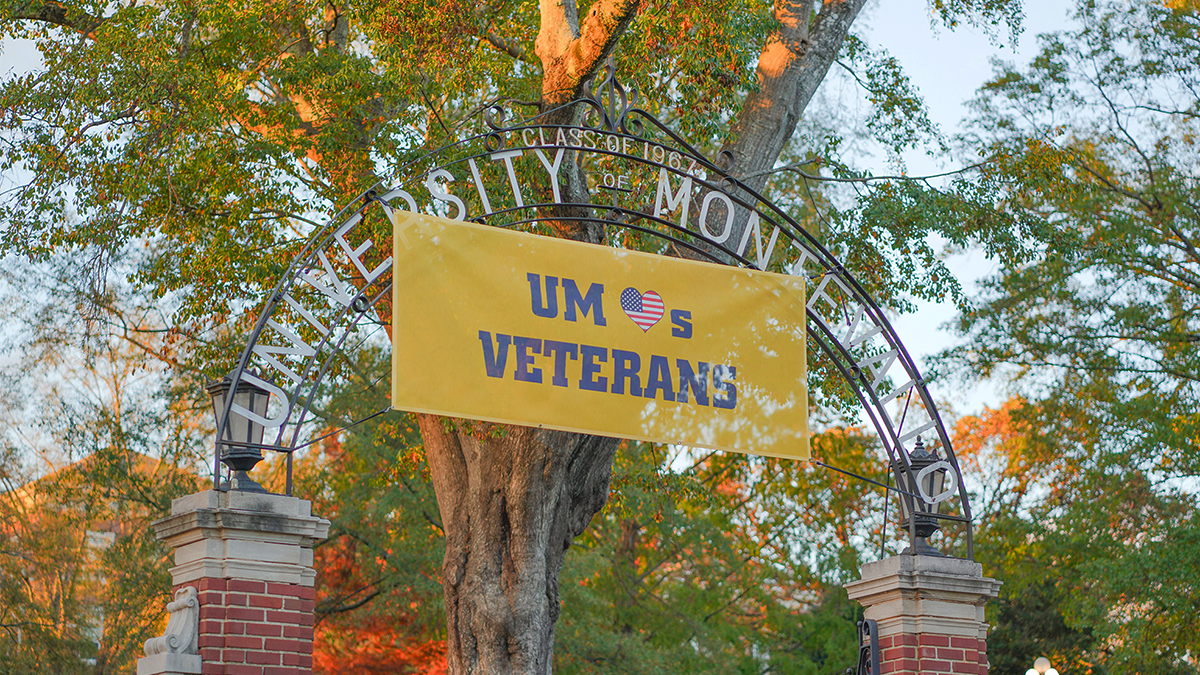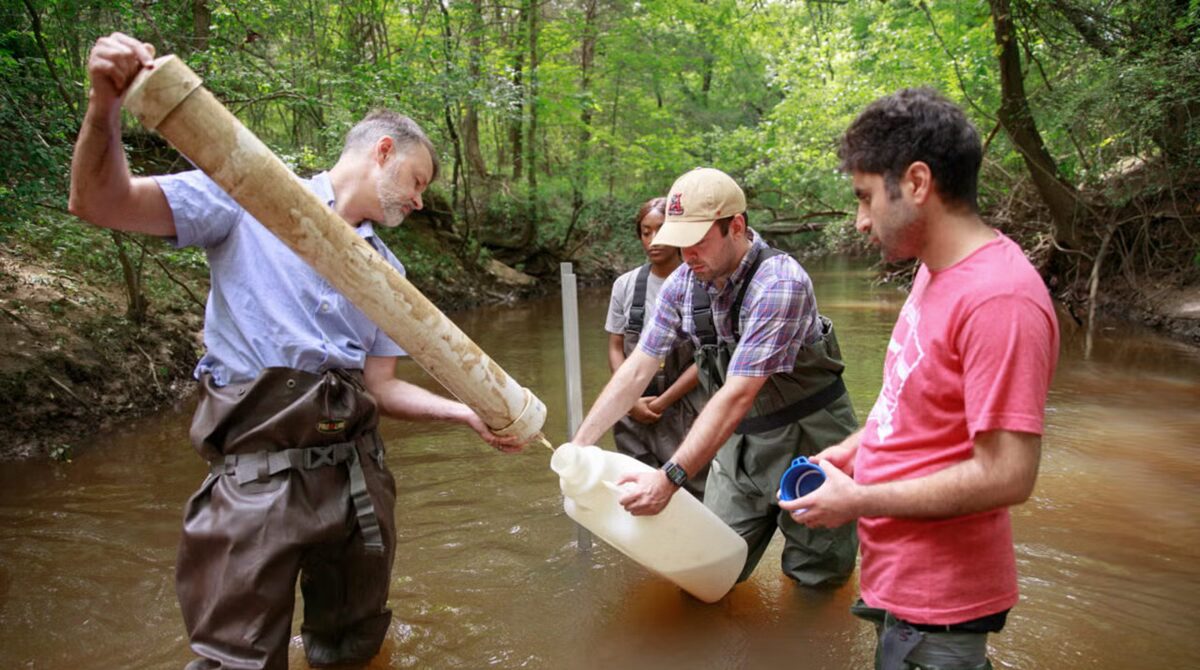Federal funds flow to Alabama for transportation, community improvements

Federal dollars will help to extend the Dr. Bill Sims Hike-Bike Way in Decatur, among other projects in Alabama. (Morgan County Tourism)
More than $97 million in federal transportation dollars are headed to Alabama to help reconnect historically underserved communities split apart by past road construction projects.
U.S. Transportation Secretary Pete Buttigieg and the White House announced the projects this week. The money is coming from the federal Reconnecting Communities Pilot and the Neighborhood Access and Equity discretionary grant programs. The two discretionary programs are part of President Joe Biden’s Justice40 Initiative.
The funding is “aimed at reconnecting communities that were cut off by transportation infrastructure decades ago, leaving entire neighborhoods without direct access to opportunity, like schools, jobs, medical offices and places of worship,” a news release announcing the projects said.
“While the purpose of transportation is to connect, in too many communities, past infrastructure decisions have served instead to divide,” Buttigieg said in the news release.
The Alabama projects are part of a larger, $3.3 billion funding announcement related to the bipartisan Inflation Reduction Act. The grants are expected to benefit 132 communities in 41 states and Washington, D.C.
In this latest round of funding, Alabama received five grants. Federal officials said the funding will “stitch back communities by capping highways, adding new transit routes, adding sidewalks, bridges, bike lanes and more.” The Alabama grants are going to:
- Montgomery, $36.6 million – to reconnect West Montgomery residents located along the Selma-to-Montgomery National Historic Trail to “opportunities, access and connectivity by addressing poor social determinants of health that exist because of segregation, redlining, and construction of Interstates 65 and 85.” The funding will allow the city of Montgomery to invest in transportation solutions in historic west Montgomery to “facilitate the renaissance of the Selma-to-Montgomery Trail community.”

The City of St. Jude, in west Montgomery near Interstate 65, is among the important historic sites on the Selma to Montgomery National Historic Trail. A federal grant will help support underserved communities divided by past transportation projects. (National Park Service)
- Huntsville, $27.3 million – for pedestrian bridge construction. The project includes construction of a cable-suspended pedestrian bridge and two truss pedestrian bridges. The project will “provide critical pedestrian and bicycle connections, allowing physically isolated residents in a low-income neighborhood and public housing developments to safely access the ever-growing number of businesses, industries, retail, employment opportunities and services located in downtown Huntsville. This project would mitigate inequity caused by the construction of Memorial Parkway in 1955.

A federal grant will help improve pedestrian access in a lower-income neighborhood of Huntsville. (Alabama Tourism Department)
- Decatur, $18.4 million – to support the Bill Sims Hike-Bike Way on the Singing River Trail, reconnecting Old Town to Decatur’s Riverfront.
- Birmingham, $14.55 million – to convert historic Fourth Avenue North from one-way to two-way. The project comprises a 15-block “Complete Streets redesign of Birmingham’s Black Main Street” that will help reconnect downtown neighborhoods and businesses divided by the construction of Interstate 65 in the 1960s. Learn more about this project and the historic Fourth Avenue Business District in this Alabama News Center story.
- Phenix City, $352,000 – for a study exploring the removal, retrofit or mitigation of the Crawford Road/13th Street Corridor. For people walking or using bicycles, Crawford Road/13th Street is an asphalt barrier preventing safe travel. To eliminate the barrier, Phenix City will seek a professional firm to analyze conditions and offer three build alternatives.
To see the full list of projects receiving grants nationwide, click here.
The Biden administration’s Justice40 initiative set a goal that 40% of the overall benefits of certain federal investments go to disadvantaged communities that are marginalized by underinvestment and adversely impacted by pollution. Projects in the inaugural round of the Reconnecting Communities Pilot Program have included capping interstates with parks, filling in sunken highways to reclaim land for housing, and converting transportation corridors that are inhospitable to pedestrians and bicyclists to tree-lined complete streets.
For more information about the Reconnecting Communities and Neighborhoods, the Reconnecting Communities Pilot, and the Neighborhood Access and Equity programs, click here.
